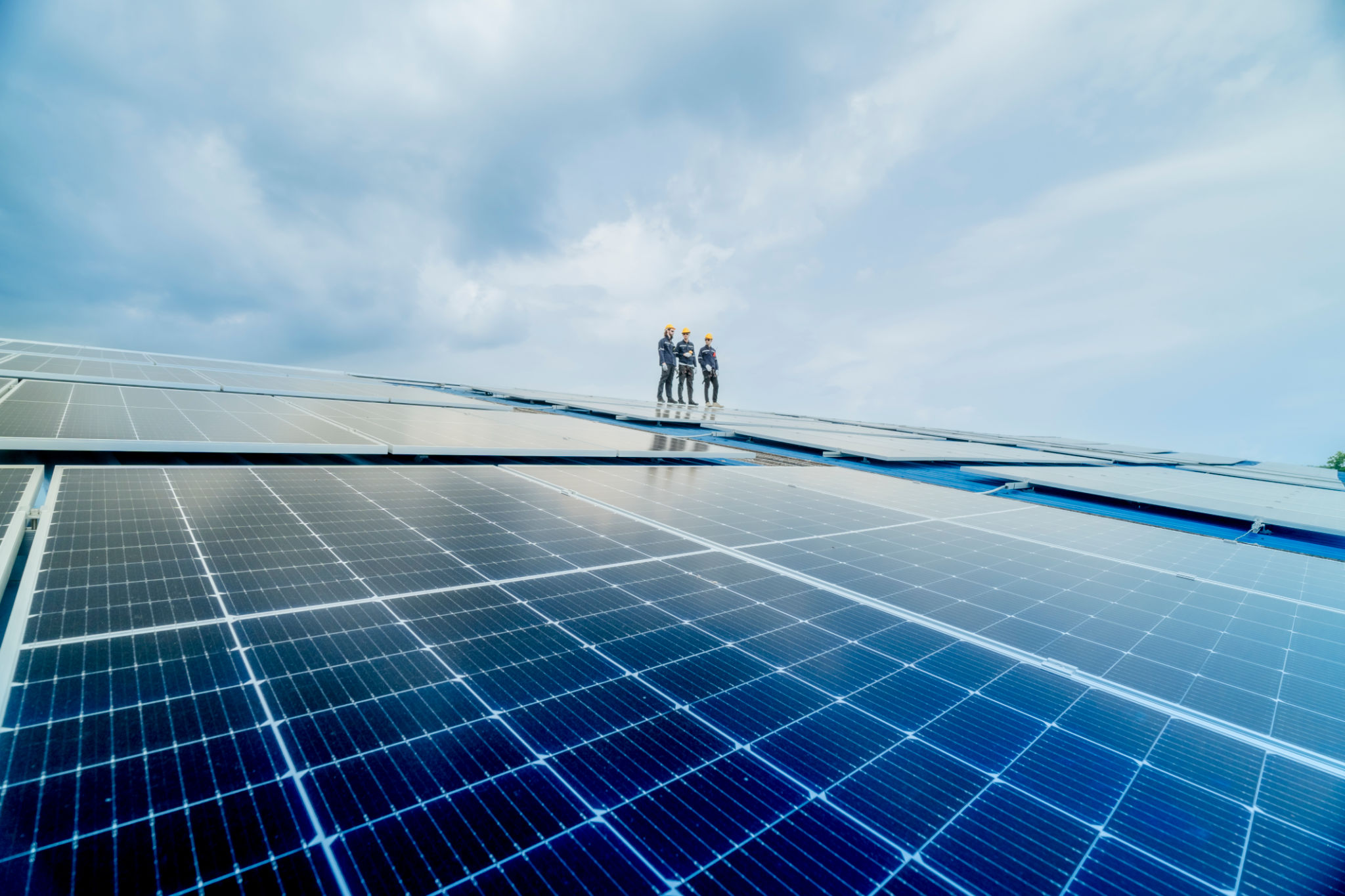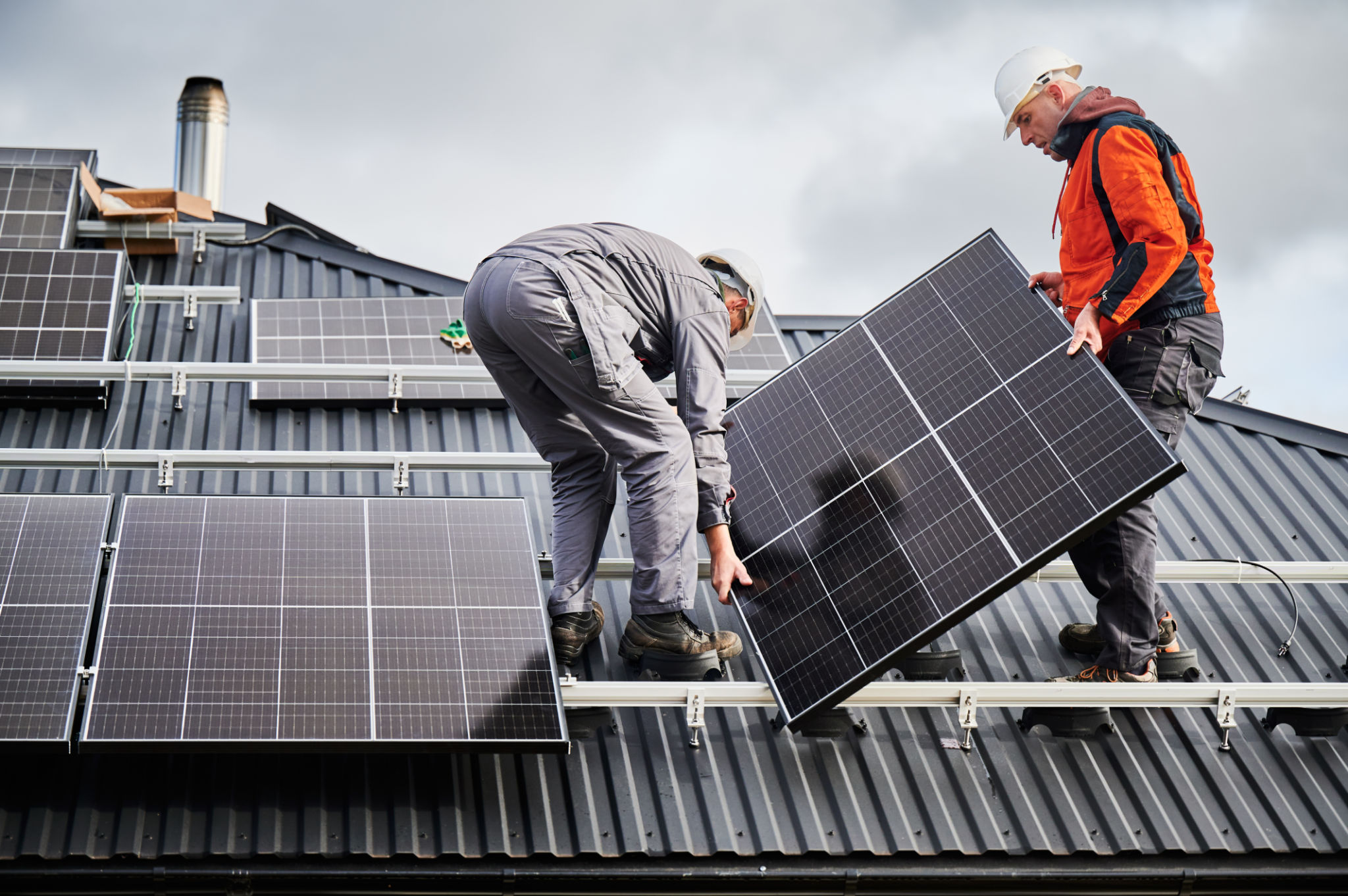A Comprehensive Guide to Solar Installation in Charleston
Understanding Solar Energy in Charleston
Charleston, with its abundant sunshine and commitment to sustainability, is an ideal location for solar energy adoption. The city's geographical position allows residents to harness solar power efficiently, reducing reliance on traditional energy sources. By investing in solar energy, homeowners can enjoy not only environmental benefits but also significant financial savings over time.
Switching to solar in Charleston involves understanding the local climate, solar incentives, and the installation process. This guide will walk you through everything you need to know about solar installation in this vibrant city.

Benefits of Solar Installation
Installing solar panels in your Charleston home comes with a myriad of advantages. First and foremost, it significantly reduces your electricity bills. By generating your own electricity, you become less dependent on the grid, especially during peak usage times when rates are higher.
Moreover, solar energy is a renewable resource, meaning it doesn't deplete natural resources or produce harmful emissions. This makes it an environmentally friendly choice that contributes to reducing your carbon footprint.

Financial Incentives and Rebates
The government and local authorities offer various incentives to encourage solar panel installation. In Charleston, homeowners can benefit from federal tax credits that cover a substantial portion of the installation cost. There are also state-specific incentives and rebates that further reduce the overall expense.
Selecting the Right Solar Panels
Choosing the right solar panel system is crucial to maximizing efficiency and savings. It's important to consider factors such as panel efficiency, durability, and warranty. Consulting with a professional installer will help you understand which system suits your home's energy needs and budget.

Types of Solar Panels
There are several types of solar panels available, including monocrystalline, polycrystalline, and thin-film panels. Each type has its own advantages and disadvantages. For instance, monocrystalline panels are known for their high efficiency and space-saving qualities, while polycrystalline panels are more cost-effective.
The Installation Process
Solar installation involves several key steps. Initially, a site assessment is conducted to evaluate your roof's suitability for solar panels. This includes checking the roof's condition, angle, and exposure to sunlight.
Once the assessment is complete, the next step is designing the system layout. Professional installers will ensure that the panels are positioned for optimal sunlight capture. Finally, the installation process itself typically takes one to three days, depending on the system's complexity.

Maintaining Your Solar Panels
Maintaining solar panels is relatively straightforward. Regular cleaning and occasional inspections ensure that the system operates efficiently. Most manufacturers offer warranties that cover maintenance services, providing peace of mind to homeowners.
In conclusion, solar installation in Charleston is a smart investment for both the environment and your wallet. By understanding the process and benefits, you can confidently make the switch to clean energy.